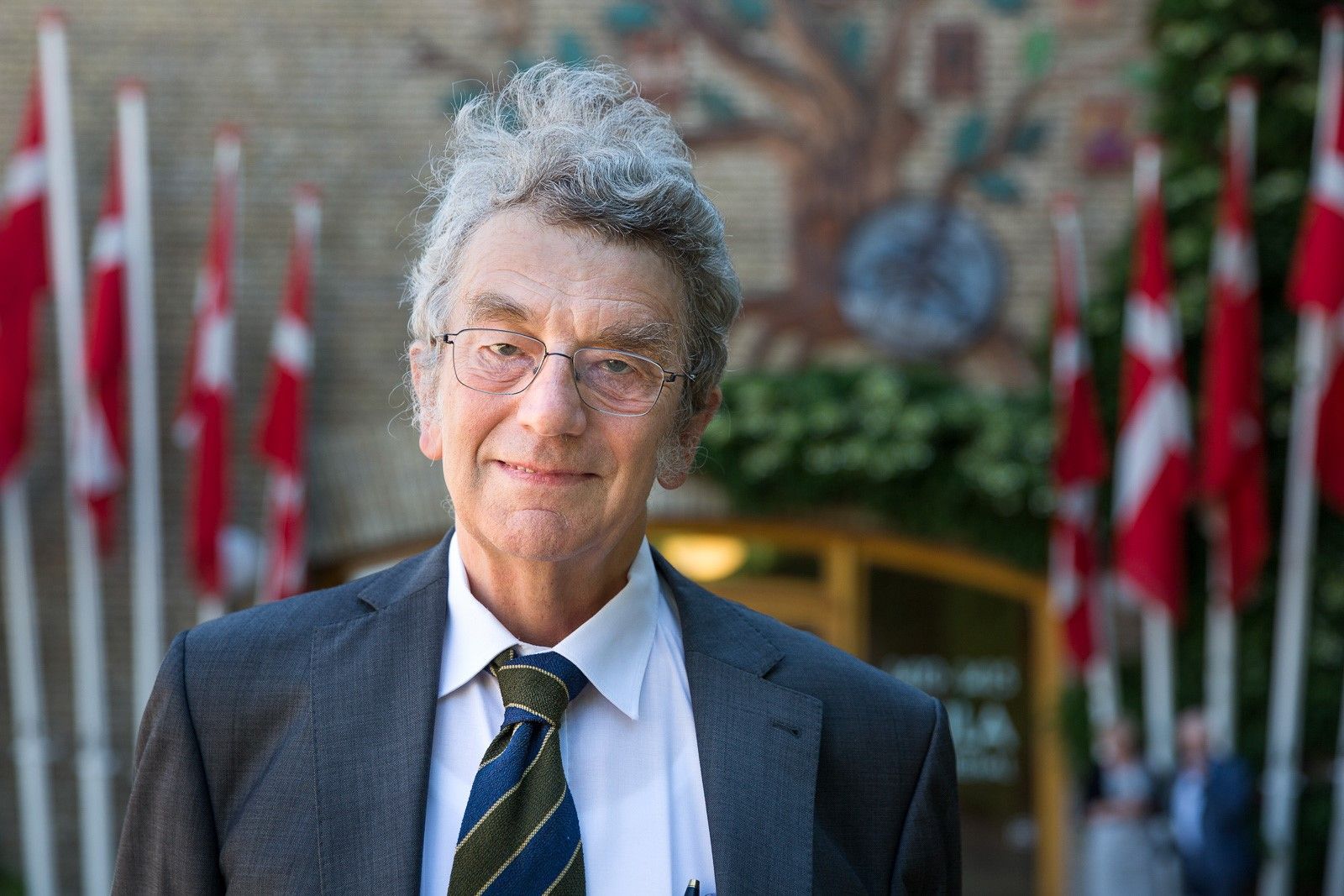For the past 40 years, Jørgen Christensen-Dalsgaard has been a pioneer in the field of astrophysics.
Now, the Aarhus University professor has been granted one of science’s highest honours: the Kavli Prize. He shares the award with Roger Ulrich from UCLA and Conny Aerts from Katholieke Universiteit Leuven.
Pioneering a new field
Christensen-Dalsgaard’s research has largely dealt with a phenomenon called a starquake. Throughout the 1980s and 1990s, he studied this phenomenon in our own solar system, devising a groundbreaking model of the Sun’s internal structure based on its oscillatory patterns.
He later applied similar methods to study other stars in our galaxy, leading the Kavli Prize committee to dub him the “first generation” of asteroseismologists.
“I am very happy and honoured. And a little overwhelmed – it was something I did not expect at all. It is of course great to acknowledge the research I have done for a long time, but the award goes as much to the entire field of research as it goes to us,” Christensen-Dalsgaard told Videnskab.dk.
Studying the stars, making an impact on Earth
Today, the Sun model developed by Christensen-Dalsgaard is used all over the world, and the sizing, weighing and age-dating tools that flowed from Christensen-Dalsgaard’s research have been used to study thousands of stars in the Milky Way.
NASA and the European Space Agency have sought out Christensen-Dalsgaard’s expertise to make sense of data gathered from the CoRoT, Kepler and TESS planet-finding missions.
According to the Kavli Prize committee, he has also spent “vast amounts of energy training and inspiring the next generations of helio and asteroseismologists”.
Retiring but not stopping
Christensen-Dalsgaard will officially retire this year, but he plans to continue his research at Aarhus University. Understanding the stars, he says, is vital to understanding the universe, as well as our place in it.
For Christensen-Dalsgaard, there is one more reason his work – and the work of his colleagues – will and must continue.
“Because we are curious,” he contends.














